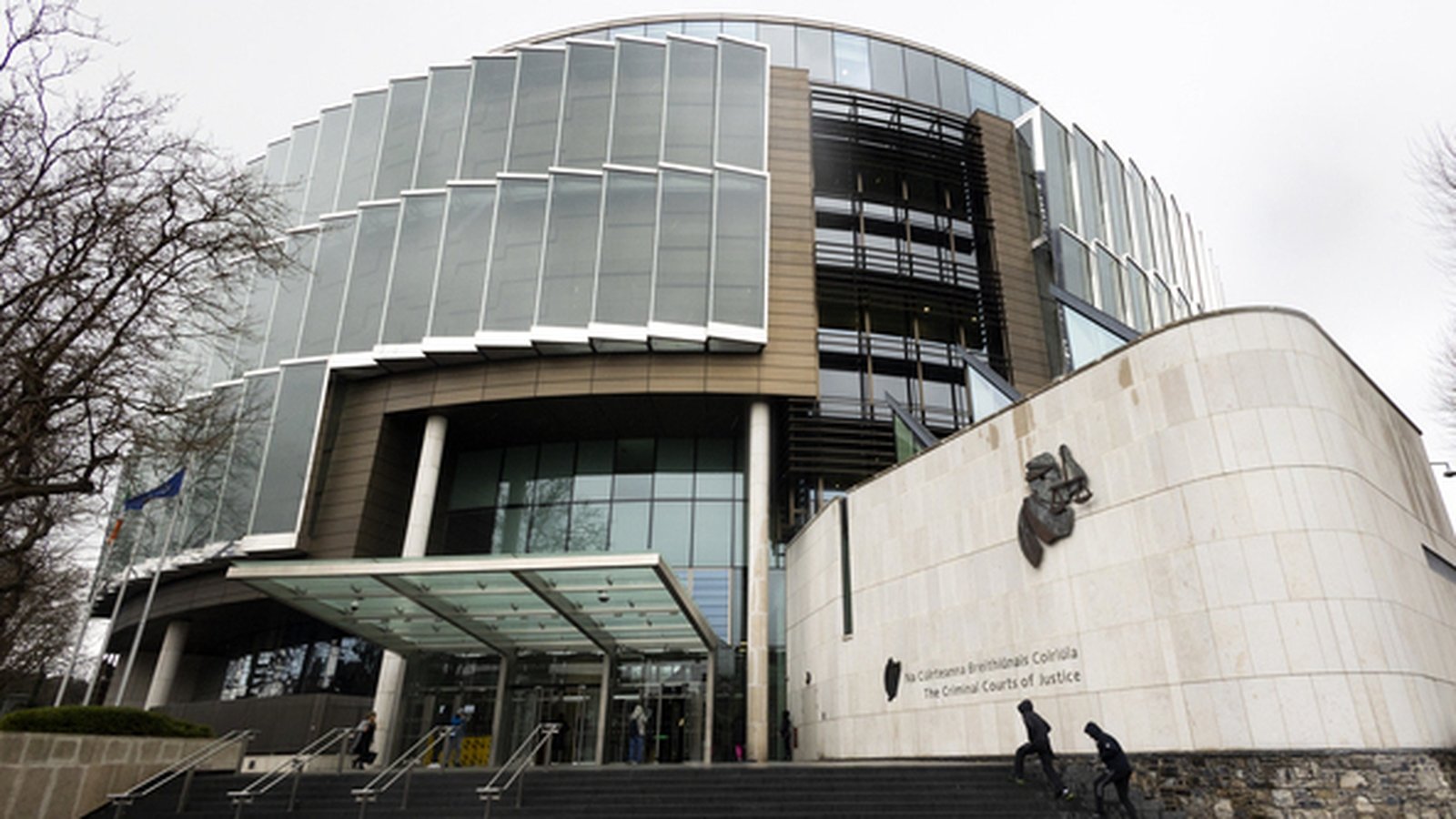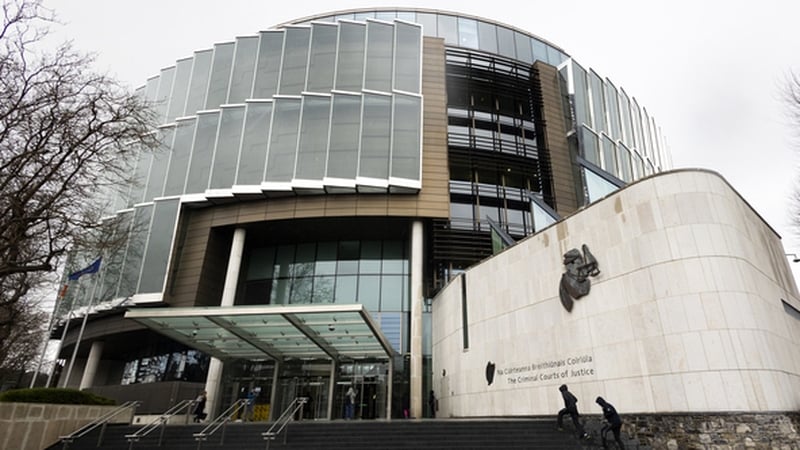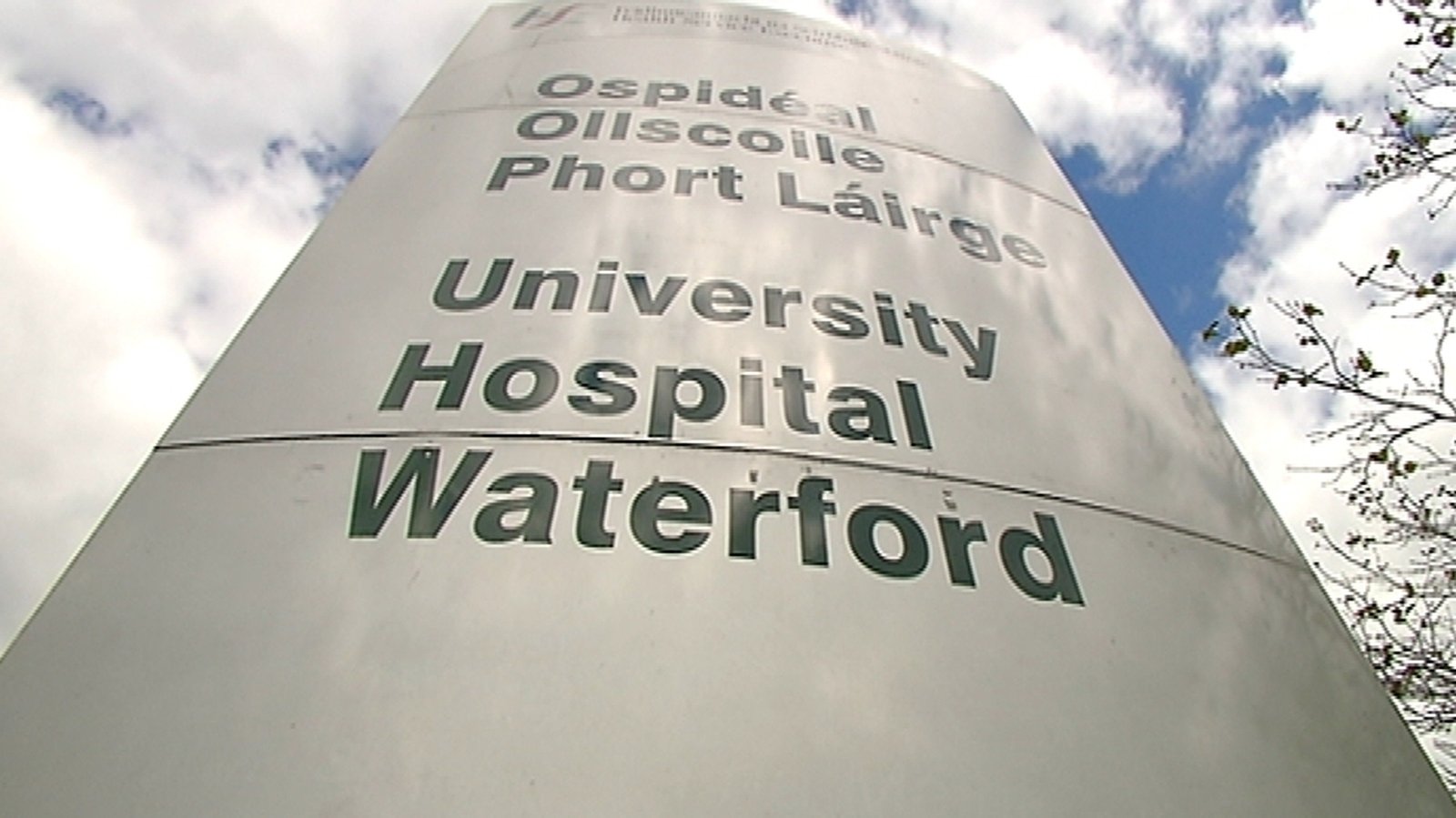Courts cannot aid jurors after difficult trials


A judge at the Central Criminal court has said the courts cannot do anything for jury members who may need “time out” after hearing difficult or disturbing evidence in criminal trials.
Mr Justice Paul McDermott was speaking at the conclusion of a murder trial at the Central Criminal Court.
Before delivering a verdict the jury handed a note to the judge, the contents of which were not disclosed.
However, the judge said in relation to the note there was nothing else he could do in terms of “fall out”.
He said people, particularly those who have never been to court before, have to engage with difficult evidence and it can “affect them and intrude on them and intrude on their thoughts”.
The judge was addressing the jury in the trial of Thomas Lorigan, of no fixed abode, who was convicted of murdering his uncle John O’Neill at St Brendan’s Road in Lisdoonvarna, Co Clare, in January 2022.
During the trial the jury had to watch graphic CCTV footage of a vicious assault on an elderly man during which he was repeatedly kicked and stamped on while he lay on the ground.
The judge thanked the jury for their service and said cases like these were difficult to listen to and trials could not take place without jurors.
The judge told the jury that in terms of the service element of it and “time out post the verdict” he could do nothing about it as “your service in terms of the Juries Act ends today.”
He exempted the jury from service for ten years.
Under the Juries Act those serving on a jury must be given time off work and continue to be paid while a trial continues.
While they are provided with lunch daily, no other expenses are given and no provision can be made to give jurors time off work or any other services once a trial has ended.





